Kapraa Bazaar Bikaner
Kapraa Bazaar Bikaner is a legendary textile marketplace nestled in the heart of the old city, where the charm of Rajasthan’s vibrant culture comes alive through fabric. Known for its historical significance and rich assortment of traditional clothing, the market is a paradise for anyone who appreciates craftsmanship and ethnic fashion. Every step through the bazaar’s narrow lanes is a walk through living tradition, where shopkeepers display their vibrant sarees, dupattas, dress materials, and bridal wear with pride. The market is a key destination for locals preparing for weddings or festivals, as well as for tourists eager to take home a piece of Rajasthani heritage. It’s not just the variety that sets Kapraa Bazaar apart—it’s the experience of being surrounded by color, texture, and a deep-rooted cultural identity. The sights, sounds, and scents of this market make it an unforgettable stop for anyone visiting Bikaner, offering a blend of local life, hospitality, and timeless design.
Historical Roots
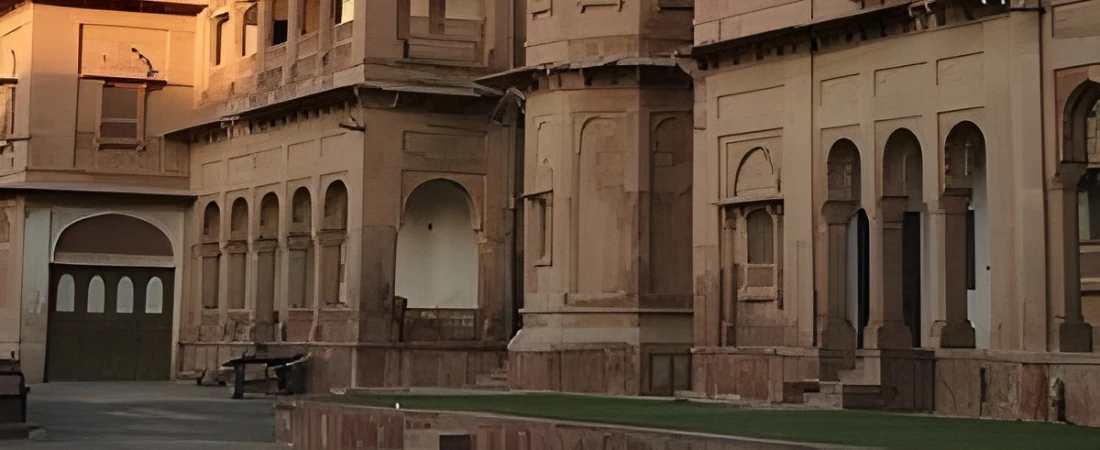
The history of Kapraa Bazaar dates back to the era of the Bikaner princely state, when it served as a key center for textile trade and local commerce. The name "Kapraa" literally translates to “cloth,” and this market was originally formed to meet the clothing demands of both the royal court and common residents. Over generations, it grew into a hub for traditional textiles where artisans and merchants sold handmade fabrics infused with regional pride. Families involved in textile craftsmanship passed down their skills, making the bazaar a living museum of age-old techniques like Bandhani, Leheriya, and block printing. Even now, the cultural influence remains strong, and many shops are operated by descendants of the original textile traders. While modern shops have emerged over time, the soul of the bazaar remains untouched. People still visit for its authenticity, and the market has retained its place as one of Bikaner’s most important cultural and commercial landmarks.
Shopping Atmosphere
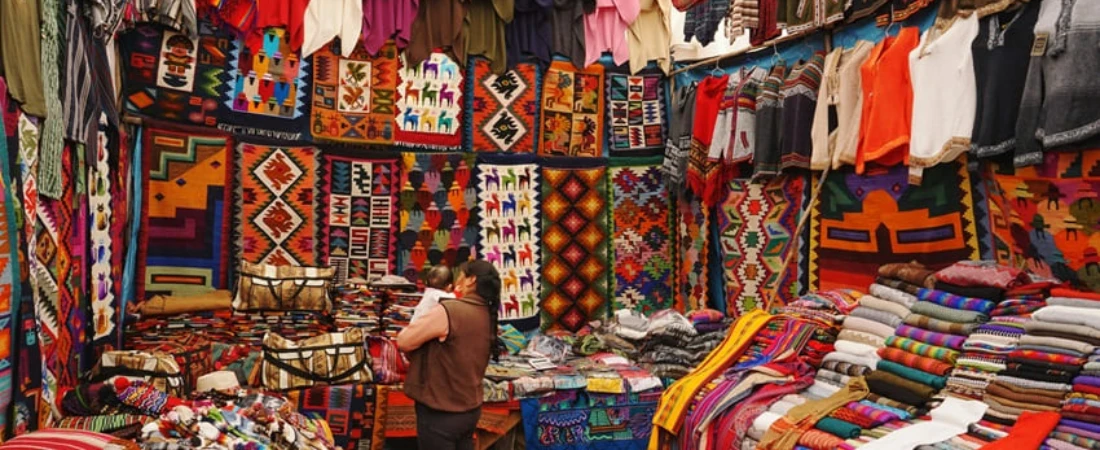
Kapraa Bazaar Bikaner offers a truly immersive shopping experience. As soon as you step into the market, you are met with rows of shops stacked high with folded fabrics, and storekeepers calling out their latest arrivals. Every corner bursts with color—vibrant reds, electric blues, mustard yellows, and rich greens, dyed and stitched into gorgeous sarees, unstitched suits, and bridal lehengas. The textures range from soft cottons perfect for everyday wear to luxurious silks and chiffons used for special occasions. Bandhani tie-dye patterns catch the eye immediately, while delicate mirror work and gota patti embroidery showcase the richness of Rajasthani fashion. What makes the experience even more engaging is the interaction with shopkeepers who eagerly guide customers through different materials, suggesting color combinations, describing the craftsmanship, and even offering styling advice. Whether you're buying for a special event or just exploring, the process is personal and exciting. Bargaining is part of the culture, and many visitors find joy in negotiating their way to a satisfying purchase.
Best Visiting Time
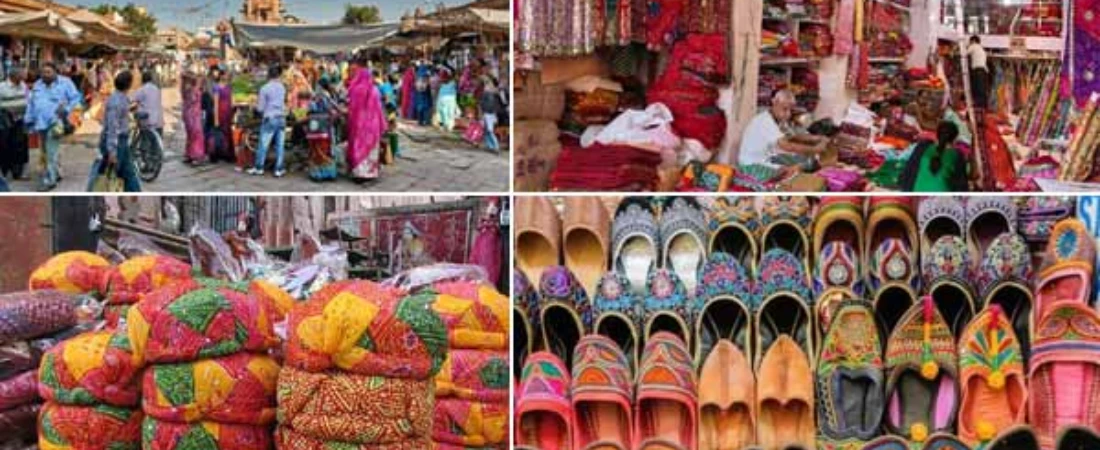
The best time to visit Kapraa Bazaar is during the winter months from October to March. The weather in Bikaner is most pleasant during this season, making it comfortable to walk through the market and explore its full potential. These months also coincide with Rajasthan’s festive and wedding season, which means the market becomes even more vibrant. Shopkeepers stock their stores with fresh, festive collections, including heavy bridal wear, embroidered dupattas, and new saree patterns. The energy in the air is infectious, with more crowds, more colors, and more celebration. Morning hours are ideal for a relaxed shopping experience, while evenings bring a buzz of activity and street snacks. The shops usually open around 10:30 AM and remain open until 8:30 PM. Visiting during local events or during the Bikaner Camel Festival in January adds more magic to the experience, as the entire city comes alive with performances, parades, and cultural exhibitions that complement the shopping adventure.
Shopping Tips
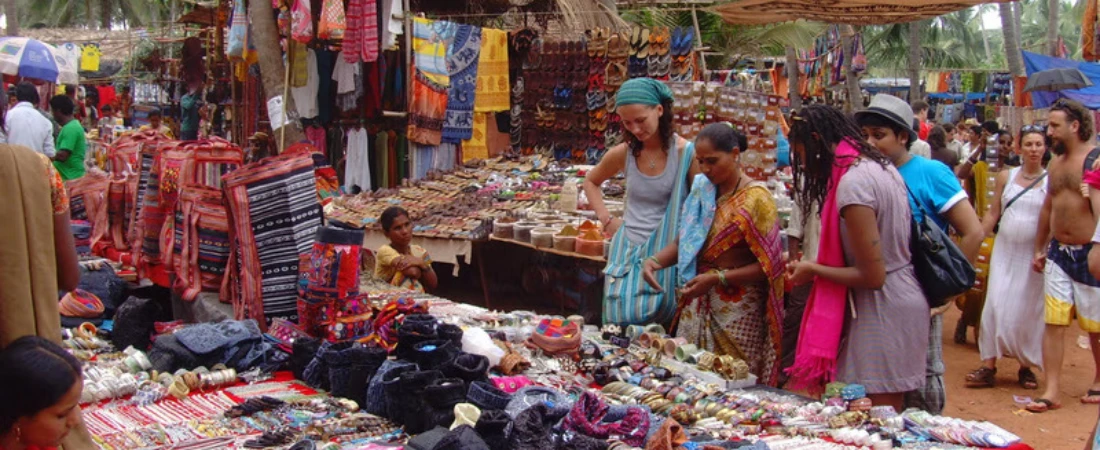
Shopping in Kapraa Bazaar becomes much more enjoyable when you come prepared. First, wear comfortable shoes and breathable clothing since you’ll be walking and browsing for hours. Bring a reusable shopping bag because most shops use thin plastic bags that may tear under the weight of heavier fabrics. Although some stores now accept digital payments like UPI or debit cards, many still operate on cash, so it’s helpful to carry small change. Bargaining is a common and expected part of the process here, and it’s done in a friendly manner—don’t be afraid to negotiate, especially if you’re buying multiple items. Always take a moment to check the fabric quality under good lighting, and don’t hesitate to ask about the origin or washing instructions. If you’re looking to get something stitched quickly, several tailoring shops in or around the market offer same-day or next-day custom services. Being respectful, curious, and open to conversation makes the entire experience richer and more rewarding.
Final Thoughts
Kapraa Bazaar Bikaner is not just a market; it is a celebration of heritage, creativity, and everyday life. The charm of this place lies not only in the beautiful fabrics and designs but in the way it makes you feel—welcomed, curious, and connected to something ancient yet alive. Whether you are a bride-to-be hunting for your dream lehenga, a tourist fascinated by local traditions, or a shopper who simply loves beautiful textiles, this market offers something truly special. It bridges generations and cultures, offering access to handmade items that carry stories within their threads. Shopping here is not just a transaction—it’s a memory you’ll cherish. Every fold of cloth in Kapraa Bazaar carries the warmth of human hands, the wisdom of tradition, and the soul of Bikaner. Don't miss this rich, colorful, and soulful experience when you’re in the city.


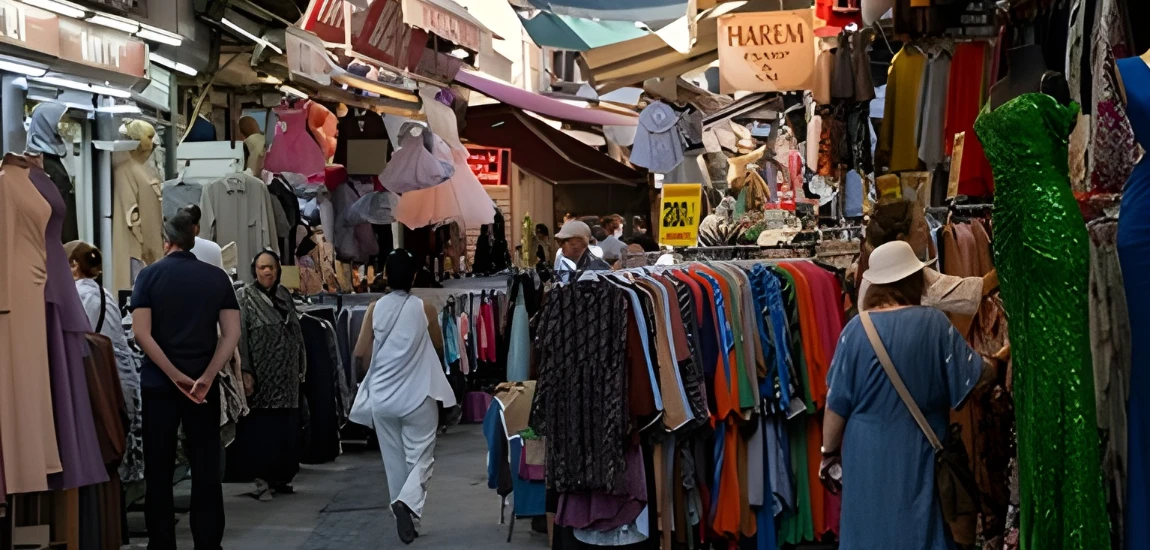
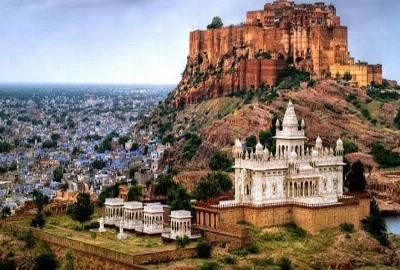
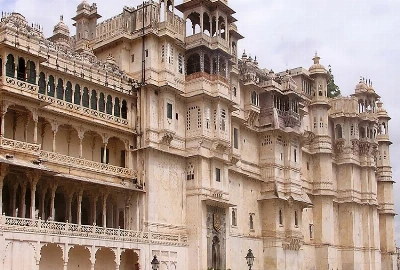
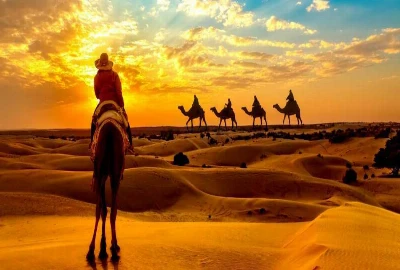

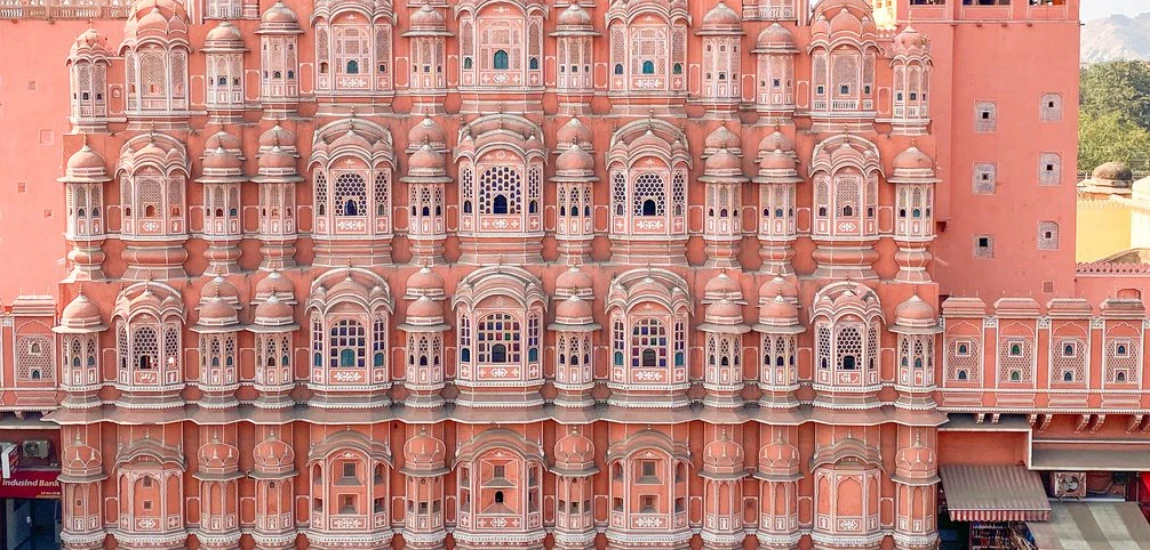
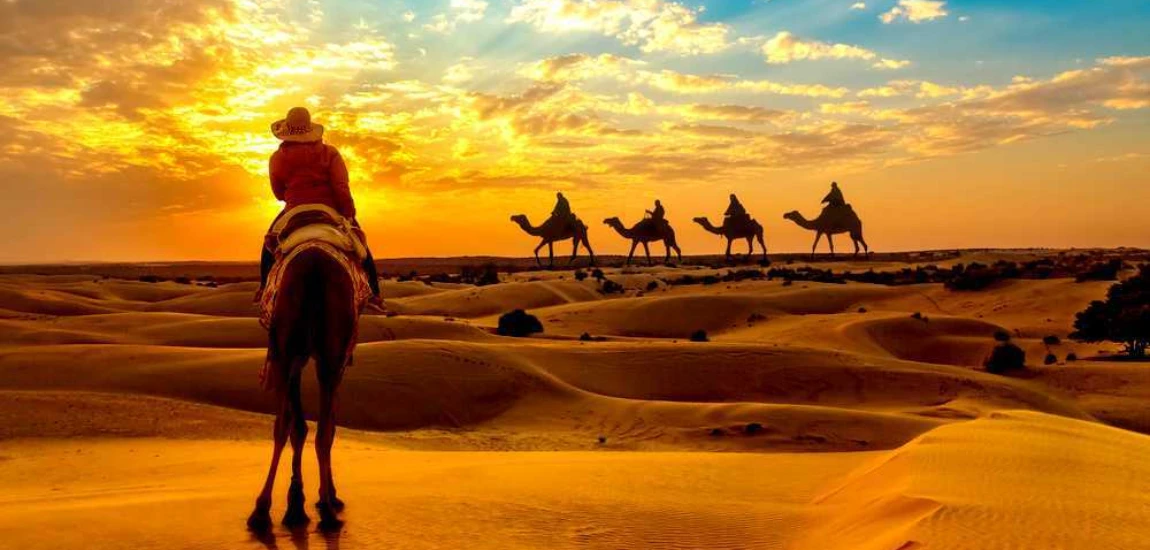
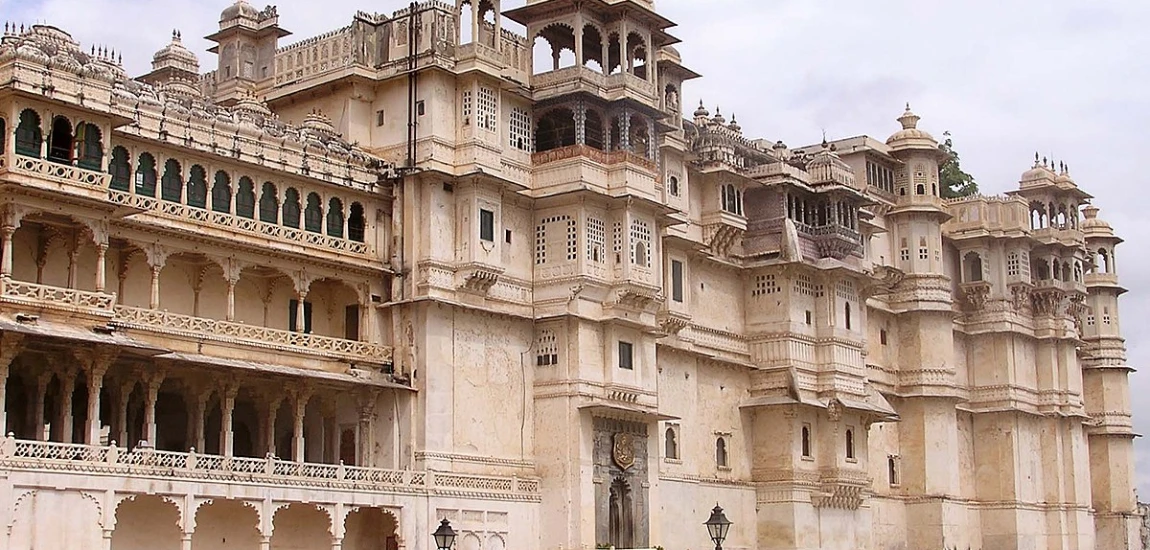
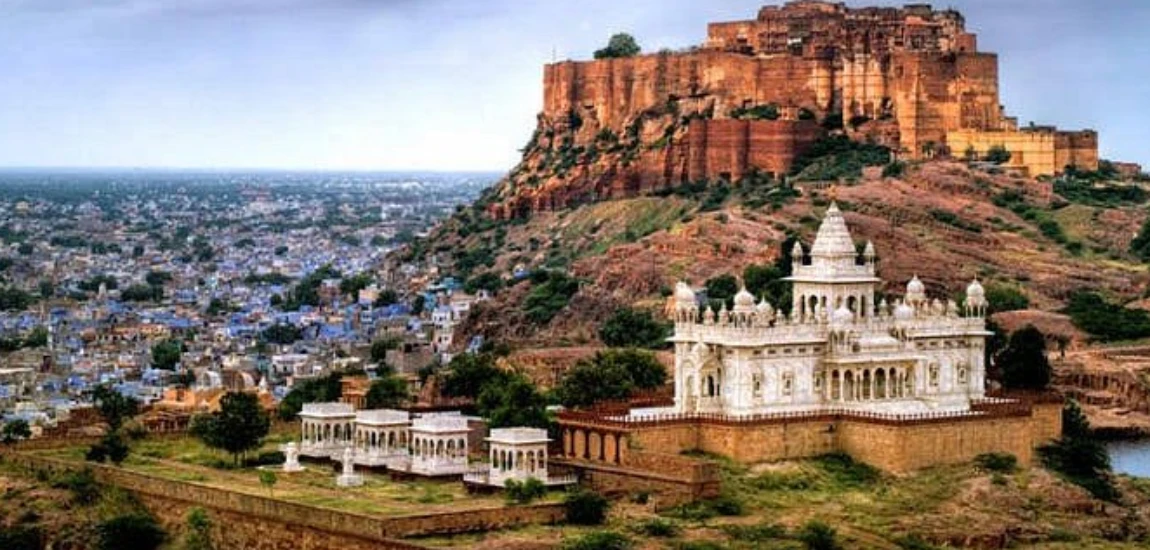
Leave a comment